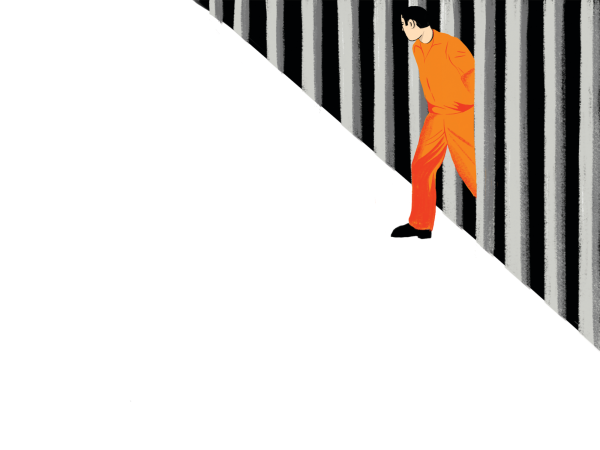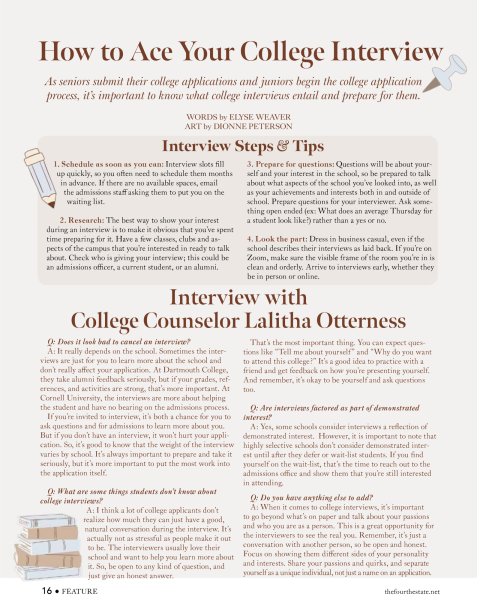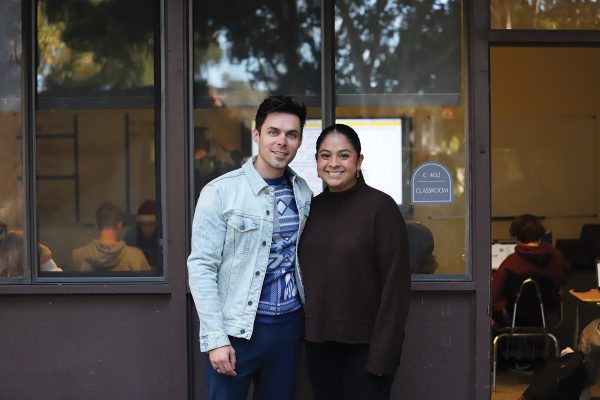Sleep: Remote v. In-Person
Exploring the implications of student sleep schedules during remote learning.
December 1, 2020
It’s commonly accepted that students–teenagers–need more sleep. Their growing bodies need to rest, their expanding minds need to decompress, and their developing “body-clocks” or circadian rhythms need to stay healthy. Many widely-known factors obstruct student sleep schedules, including stress, homework and technology, but today there is yet another obstacle students face: remote learning. With this approach to education comes a whole new set of pros and cons. The question students face now is whether or not remote learning is better for their health, their grades and their sleep.
In an anonymous, school-wide poll of students in grades 9-12, some praised the shortened schedule claiming, “I get so much sleep remote. It’s amazing.”
In fact, 58.1 percent of the student poll group agreed that they got more sleep remote than in-person.
A multitude of factors influences this opinion. Students who say they get more sleep than before mainly attribute it to the school’s shorter schedule. “It’s because I’m not staying up late doing homework,” one student explained.
When asked about their workloads, most students agree that they feel overwhelmed, but the shorter school day helps take the pressure off. “The workload is more than before but having the day end at 12:15 takes away a lot of stress,” one student agrees.
Another attractive feature of the new schedule is that students have more time to sleep in before school. Several responses brought up the point that starting school at 9 a.m. means not waking “up at 6 a.m. to get ready.”
Unfortunately, not all students feel this way about their workloads and stress levels. Even those who claim to be getting more sleep than before agree that there are complicating factors. “Although I can sleep slightly later, this does not account for staying up later to complete work,” a surveyed student said.
Of course, grade levels must play a factor in any student’s workload. Seniors and Juniors preparing for college applications, SATs, ACTs, and AP tests generally report more stress and bigger workloads.
On the whole, students agree their teachers are trying to help lessen these stressors. “I am getting less sleep during remote learning.
Even though teachers are kind enough to make most assignments optional, I have extracurricular activities until 6:00 p.m. I then work on homework until about midnight and wake up by 8:15 to get ready for school,” freshman Jake Gidney said. Workload, stress, and extracurriculars are not the only factors contributing to student sleep problems. Blue light emitted from device screens can inhibit the brain’s ability to fall asleep—as well as cause or exacerbate headaches. “Because of the excessive amount of screen time and an increased workload, I’ve noticed myself become more and more sleep-deprived,” junior Noah Kamps said. Whether or not the remote learning environment has affected everyone negatively or positively, there is always something you can do to improve your health.
Stress is, of course, a significant cause of sleep-deprivation, and since national stress levels are at an all-time high due to the implications of COVID-19, it is more important than ever to improve mental well-being.
In a 2013, TEDGlobal Talk, health psychologist Kelly McGonigal spoke about how people’s view of stress can directly affect their physical health.
Through studies and surveys, Mc-Gonigal proved that if an individual viewed their stress response as simply their body’s way of “helping [them] rise to the challenge,” then that individual’s physical health improved drastically.
In essence, this means that changing your perspective “could mean the difference between a stress-induced heart attack at age 50, and living well into your 90s.”
As the school year continues, and students keep working through this challenging time, it’s important to remember that sleep and mental well-being are not worth sacrificing.
Changing your perspective on stress can help improve your health. That teachers understand the pressure students feel and that all students–regardless of grade level or academics— feel the strain of remote learning.

















